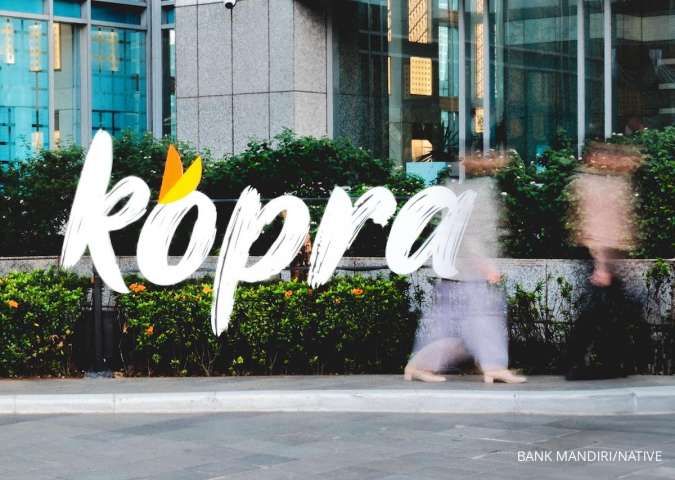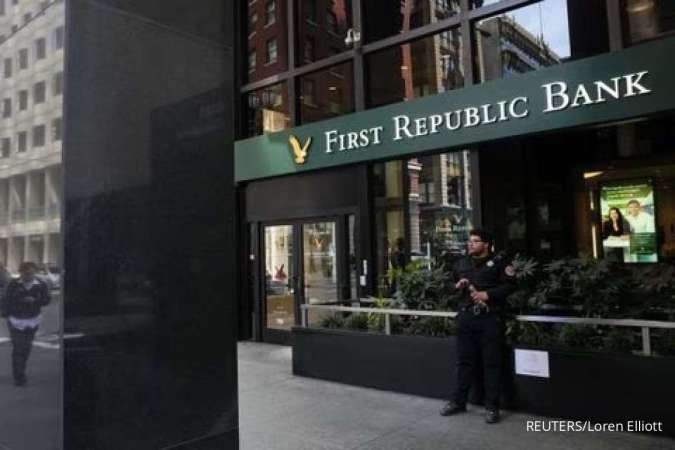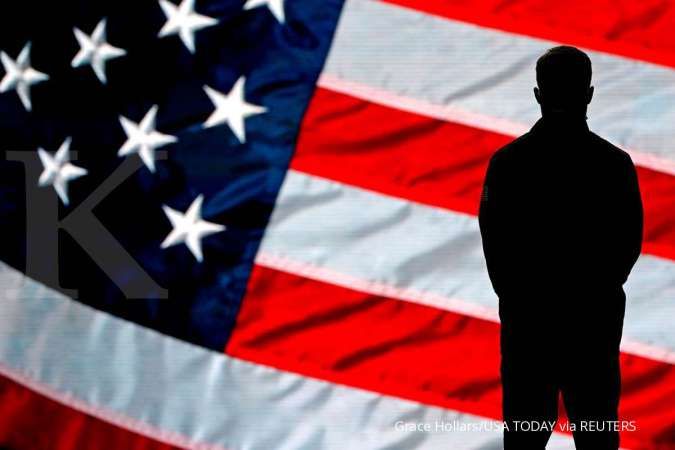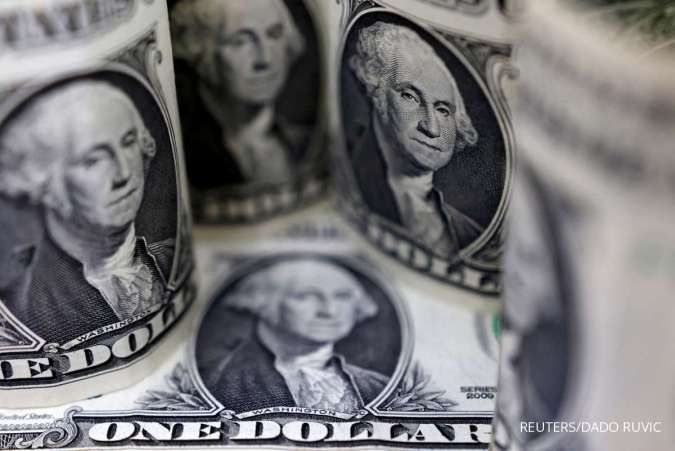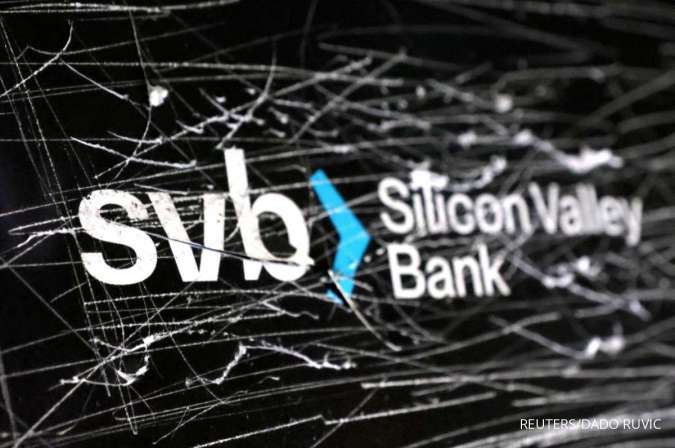KONTAN.CO.ID - NEW YORK. JPMorgan Chase & Co said on Monday it will buy most of First Republic Bank after U.S. regulators seized the troubled bank over the weekend, marking the third major U.S. lender to fail in two months. As part of the deal, JPMorgan will make a payment of $10.6 billion to the U.S. Federal Deposit Insurance Corp (FDIC) as part of the deal to buy most of the San Francisco-based lender's assets. The bank has also entered into a loss-share agreement with the FDIC on single family, residential and commercial loans it bought but will not take First Republic Bank's corporate debt or preferred stock.
The deal, which came after a weekend auction, allows for an orderly failure of First Republic and avoids the need for regulators to have to insure all deposits, as they had to do when two other banks failed last month. It also makes the largest U.S. bank even bigger. Read Also
: India April Factory Activity Hits 4-Month High on Robust Demand First Republic came under intense pressure after disclosing last week that it had suffered more than $100 billion in outflows in the first quarter and was exploring options. That also renewed stress on the banking sector, which was reeling from the closure of Silicon Valley Bank and Signature Bank in March, while Swiss lender Credit Suisse was bought by rival UBS in a state-engineered takeover. First Republic Bank shares tumbled 43.3% in premarket trading before being halted. The stock has lost 97% of its value this year. JP Morgan shares rose 2.7%. JPMorgan was one of several interested buyers including PNC Financial Services Group, and Citizens Financial Group Inc, which submitted final bids on Sunday in an auction being run by U.S. regulators, sources familiar with the matter said over the weekend. PNC shares were 2.5% lower in premarket trading. Read Also
: Oil Prices Dip on U.S. Rate Hike Expectations, Weak China PMI STEPPING UP The California Department of Financial Protection and Innovation said it had taken possession of First Republic and the FDIC would act as its receiver. The FDIC estimated in a statement that the cost to the Deposit Insurance Fund (DIF) would be about $13 billion. The final cost will be determined when the FDIC terminates the receivership. The U.S. Treasury Department welcomed the resolution, saying it was done at "least cost" to the DIF. JPMorgan has assumed all of the bank's deposits, it said, and will repay $25 billion of the $30 billion big banks deposited at the lender in March. The New York-based lender will take on $173 billion of loans, $30 billion of securities and $92 billion of deposits. The acquired businesses will be overseen by JPMorgan’s Consumer and Community Banking (CCB) Co-CEOs, Marianne Lake and Jennifer Piepszak, the bank said in a statement. The rescue comes less than two months after a deposit flight from U.S. lenders forced the Federal Reserve to step in with emergency measures to stabilize markets. Those failures came after crypto-focused Silvergate voluntarily liquidated.
Read Also: China Manufacturing Unexpectedly Cools in April - Official PMI "Our government invited us and others to step up, and we did," said Jamie Dimon, Chairman and CEO of JPMorgan Chase. “Our financial strength, capabilities and business model allowed us to develop a bid to execute the transaction in a way to minimize costs to the Deposit Insurance Fund." JPMorgan said it expected to achieve a one-time, post-tax gain of approximately $2.6 billion after the deal which did not reflect an estimated $2 billion dollars of post-tax restructuring costs likely over the next 18 months.
It said the bank would be "very well-capitalized" after with a common equity tier one (CET1) ratio consistent with its first quarter 2024 target of 13.5%, and maintain healthy liquidity buffers. The failed bank's 84 offices in eight states will reopen as branches of JPMorgan Chase Bank from Monday, according to the JPMorgan statement. JPMorgan has been on an acquisition spree since 2021, acquiring more than 30 companies in deals worth more than $5 billion combined. In recent years, U.S. regulators have been slow to approve large bank deals. The Biden administration has also cracked down on anti-competitive practices.

